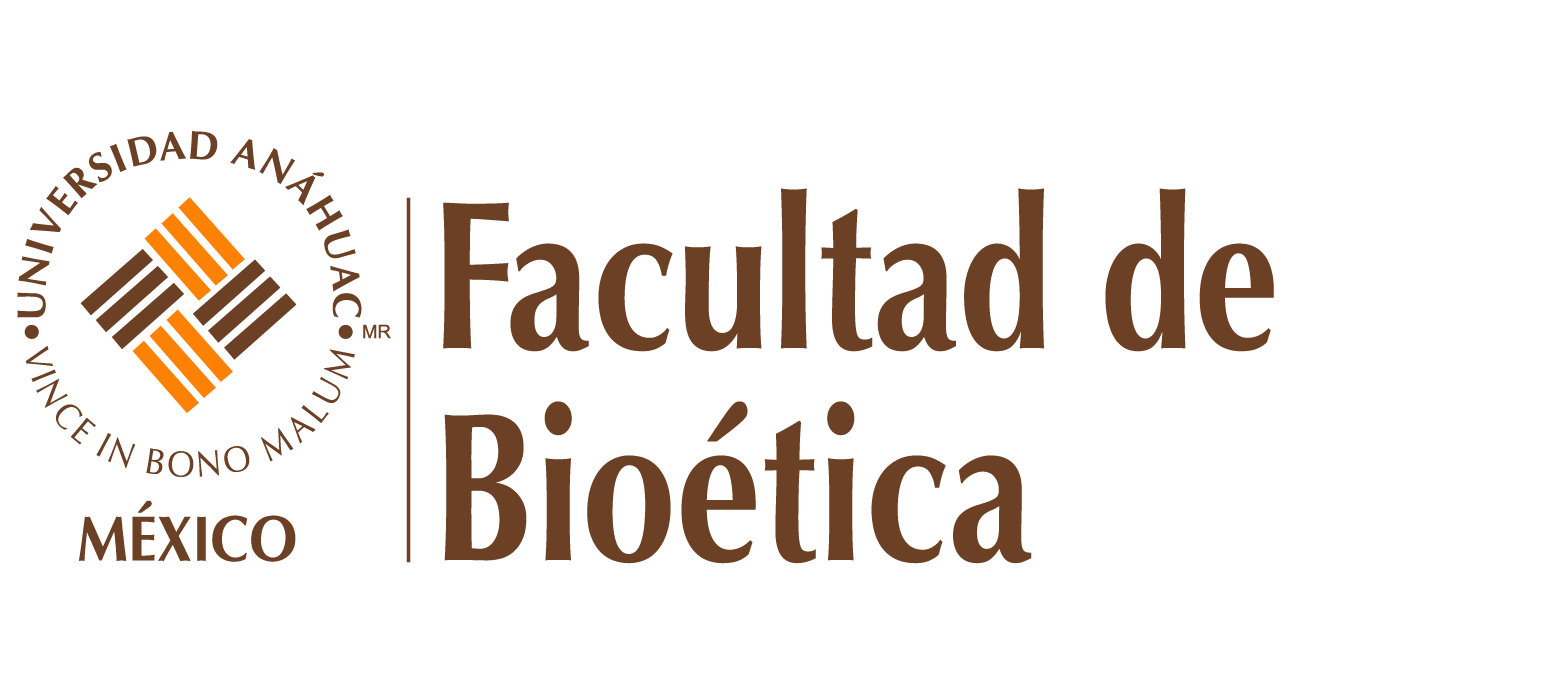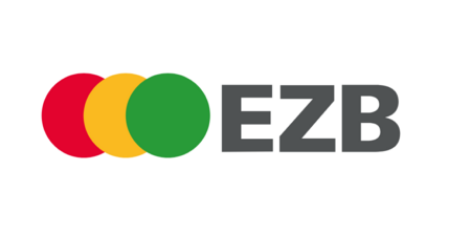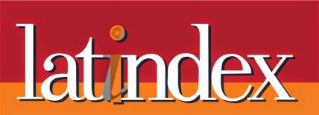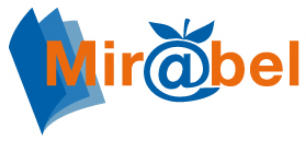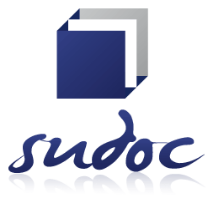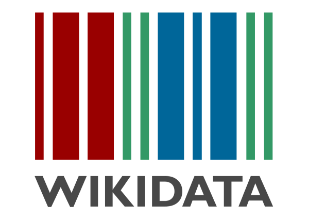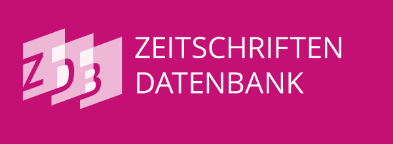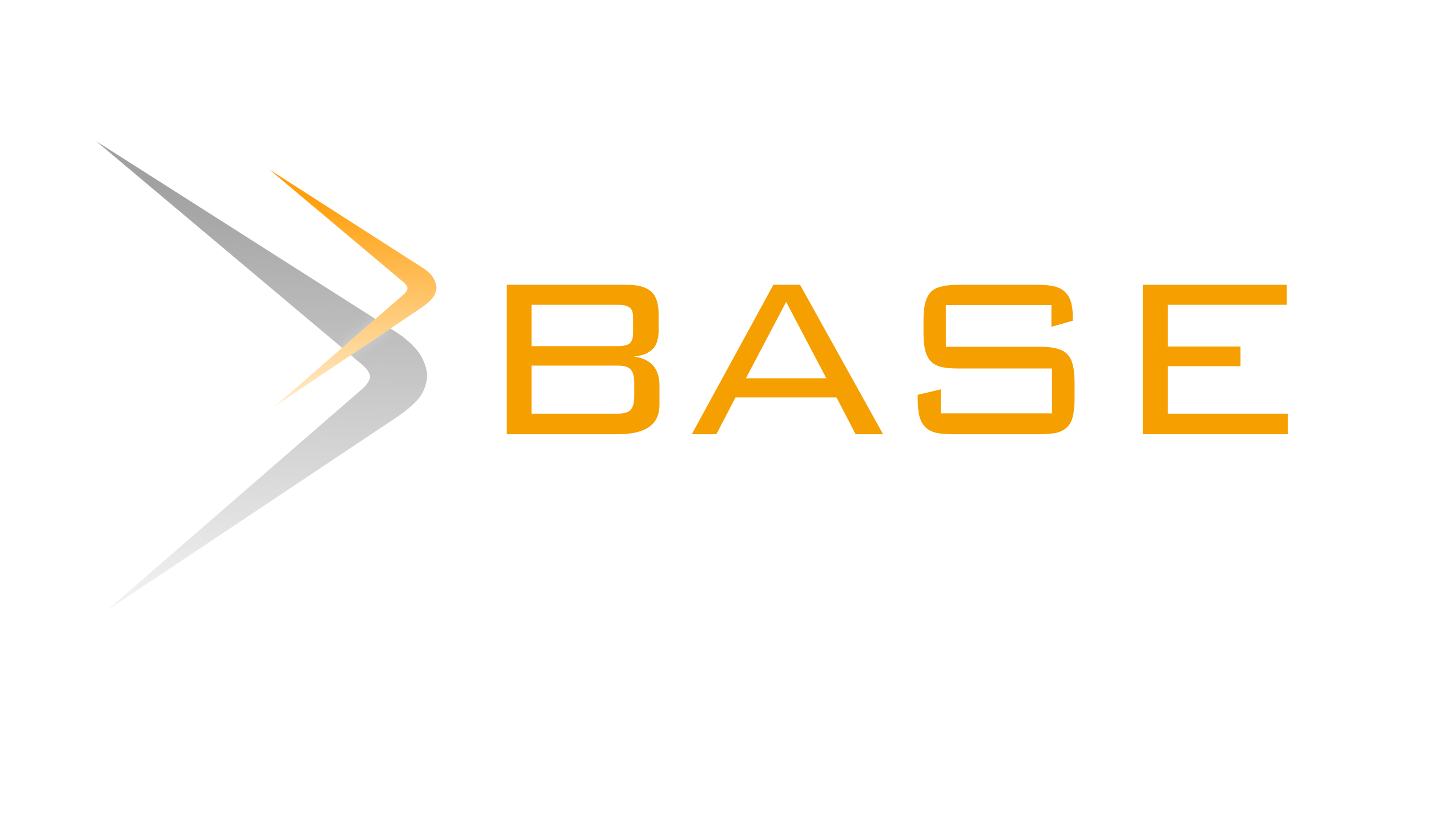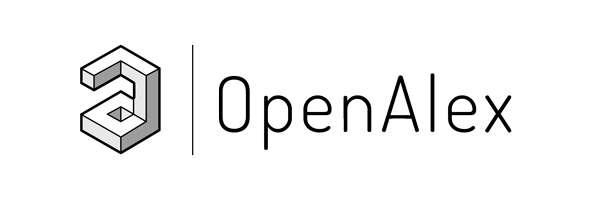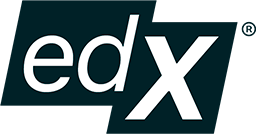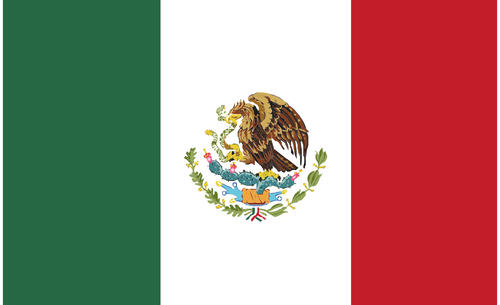About the journal
PURPOSE, IDENTITY AND MISSION STATEMENT
Scientific objectives:
1. Publish ongoing or completed research on Bioethics issues.
2. Contribute to generate academic debate regarding current issues of Bioethics.
3. Disseminate academically solid works on issues related to Bioethics.
4. Promote interdisciplinary dialogue on relevant and current issues in health and life sciences.
Mission:
The journal Medicina y Ética contributes to the realization and strengthening of the mission of the Faculty of Bioethics of the Universidad Anáhuac México, especially concerning the formation of an opinion based on Bioethics centered on the human person:
https://www.anahuac.mx/mexico/EscuelasyFacultades/bioetica/mision-y-vision
Thematic coverage:
The journal encourages debate around general Bioethics on issues related to the beginning and end of human life, but also on issues of Clinical Bioethics, the figure of the bioethicist and hospital bioethics committees, as well as on issues of Global Bioethics, biotechnologies, biopolitics and issues of emerging Bioethics.
Target audience:
- General public interested in Bioethics issues and in the current debate around health and life sciences.
- Academics, researchers and other health and humanities professionals who want to contribute to dialogue and serious reflection on Bioethics.
PERIODICITY
Quarterly, at the beginning of each month: January, April, July, October.
Mission to promote academic integrity
—The articles, in addition to being approved in their methodology, format, theoretical framework and technical aspects by the Editorial Coordinator, will be subject to ethical approval by the Editorial Board and, if necessary, by the General Committee of Ethics of the Universidad Anáhuac México.
—In articles in which there are patient data or other research subjects, the confidentiality of such information will be kept. Authors who want to publish this type of articles must have informed consent forms.
The Editorial Board:
—It aims to publish articles in accordance with internationally accepted ethical guidelines (Code of Conduct, COPE, and Office of Research Integrity, ORI).
—It is in charge of detecting, as far as possible, and preventing the publication of articles in which research misconduct has been found. In the event that such conduct is subsequently detected, the article in question will be retracted. If there were any minor errors, it will be corrected. It will never consider retraction as a personal action; it will exclusively be based on the quality and / or errors of the article in question.
— It pursues misconduct. In the event that allegations of misconduct are received, the principal author will be asked for an explanation. The author must answer this request. If it is not acceptable, the article will be retracted, but a letter will also be sent to the investigator's employers on the case.
-It will not encourage research conduct in any way.
Here are some types of research misconduct:
- Plagiarism is a conduct of malpractice in research. It is not enough to put the name of an author to be considered not plagiarized. You should get ideas from the bibliographic reference, but not write the same information. The contributed articles will be verified in an anti-plagiarism system. If a reader subsequently communicates any plagiarism found, it will be verified, and the article will appear only with the title as retracted.
- Inaccurate authorship is also a bad practice. It should appear in the first place who has worked more in the preparation of the article, and so on. Putting the name of someone who has not written anything is unethical. If a person subsequently communicates this fact to the magazine, said author may not publish it again.
- If the work published as an article received funding, it is essential to put this information after the name (s) of the authors. In case of not doing so, the authors will be the only ones responsible to the financing entity for omitting the data. The journal Medicine and Ethics will not be responsible for this.
- Conflict of interest is not a bad practice. However, it must be specified in the summary and in the article. For example, if a company produces a drug that is analyzed ethically in the article, it should be noted that there might be a conflict of interest, since the author has received support of any kind from the company. This is so that readers can judge the objectivity of the study.
- The Office of Integrity in Research (ORI) of the United States also defines as research misconduct the manufacture of data, results and / or the report thereof. In case that happens, the article will be retracted.
- Counterfeiting and data fabrication is fraud. Data manufacturing refers to the fact that, for example, in a survey, the subject data is changed, or the surveys are duplicate d with other names. Falsifying data involves omitting undesirable results, modifying data that does not fit the results, and so on.
- You can check the following links to avoid incurring these bad practices:
https://grants.nih.gov/grants/research_integrity/research_misconduct.htm
https://ori.hhs.gov/

